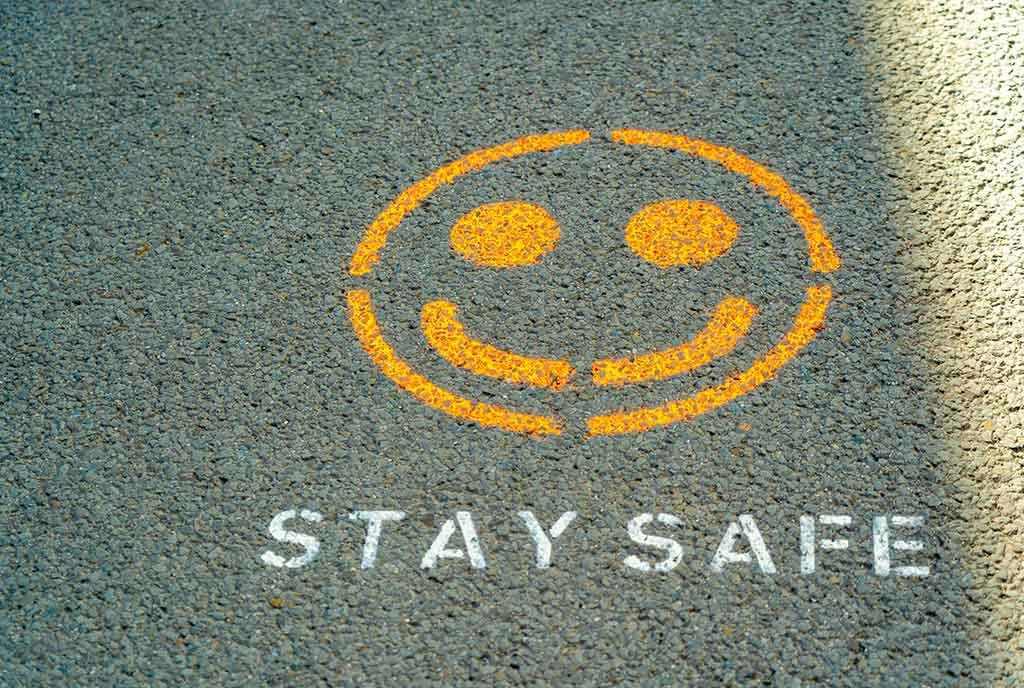
August 19, 2020; Politico
One week after the University of North Carolina system opened for in-person classes, more than 500 students were quarantined. According to the university’s COVID-19 dashboard, the university has seen 1,111 positive cases as of this writing; of those, 1,052 are students. Undergraduate classrooms at UNC have since shut their doors.
The dean of UNC’s Gillings School of Global Public Health, Barbara K. Rimer, wrote on Gillings’ webpage that the university should go back to remote learning, considering the increasing number of COVID-19 cases and off-campus behavior that included “drinking, no masks or distancing, and crowds.”
The UNC students on the staff of the college paper, the Daily Tar Heel, had a great deal to say about the situation. In order to convey their disgust with UNC’s decisionmakers, they discussed the creation of clusters of the virus and the chaos inherent in the situation by including the word “clusterfuck” in the headline of their August 16 editorial on the print version of the paper. The online version of the op-ed provided the definition of the word.
That same week, the University of Notre Dame also announced a week into the semester it would stop in-person classes after 147 people tested positive for the virus. Oklahoma State University has put a sorority house under quarantine after a cluster of 23 tested positive. In fact, starting from March, the New York Times connected at least 251 cases to sororities and fraternities across the US, at schools like UNC, the University of Washington, and California’s UC Berkeley New York’s Ithaca College made a break-neck change from welcoming students to campus to online-only instruction one week later remaining.
The Centers for Disease Control and Prevention (CDC) compared the ease of virus transmission in college dorms and other campus living arrangements to nursing homes and assisted living. The close quarters create clusters of the virus that can spread to faculty and staff. As more universities open their classrooms, it can only get worse.
College students also seem reluctant to wear masks consistently and engage in social distancing. (No studies so far to determine how they wash their hands). They have been observed at packed parties sans masks at a variety of colleges that had opened for the semester. Football players complained on social media about fellow students gathering without masks in Alabama; some conferences—Big 12, ACC, and SEC—are still determined to have football seasons this year. Greg Byrne, Alabama’s athletic director, warned students they are putting their sports programs at risk by partying.
Who wants college sports this fall?? 🏈⚽️🏐🏃🏼♀️🏃🏿
Obviously not these people!! 🤦🏼♂️
Sign up for our free newsletters
Subscribe to NPQ's newsletters to have our top stories delivered directly to your inbox.
By signing up, you agree to our privacy policy and terms of use, and to receive messages from NPQ and our partners.
We’ve got to do better than this for each other and our campus community. Please wear your masks!😷 pic.twitter.com/OAFocYZwin
— Greg Byrne (@Greg_Byrne) August 16, 2020
Responsibility should be borne by everyone in the situation; yes, university leadership should expect some students to be immature and less than accountable, but after five months experiencing a pandemic, the students should behave with more forethought.
In his fall semester welcome message, UNC Chancellor Kevin Guskiewicz wrote, “As always, remember that it is our shared responsibility to keep each other safe. Every person you walk by on campus will be counting on you to diligently work to prevent the spread of the virus.”
The Daily Tar Heel’s editorial board doesn’t believe matters are as complex as the administration makes them out to be. The decision to hold in-person classes is up to the Board of Governors, but, as the editorial board sees it, the chancellor has the power of a multi-billion-dollar endowment behind him.
“We’re angry—and we’re scared. We’re tired of the gaslighting, tired of the secrecy, tired of being treated like cash cows by a University with such blatant disregard for our lives.”
Judging by the actions of college students around the country, there’s enough blame to go around.—Marian Conway













